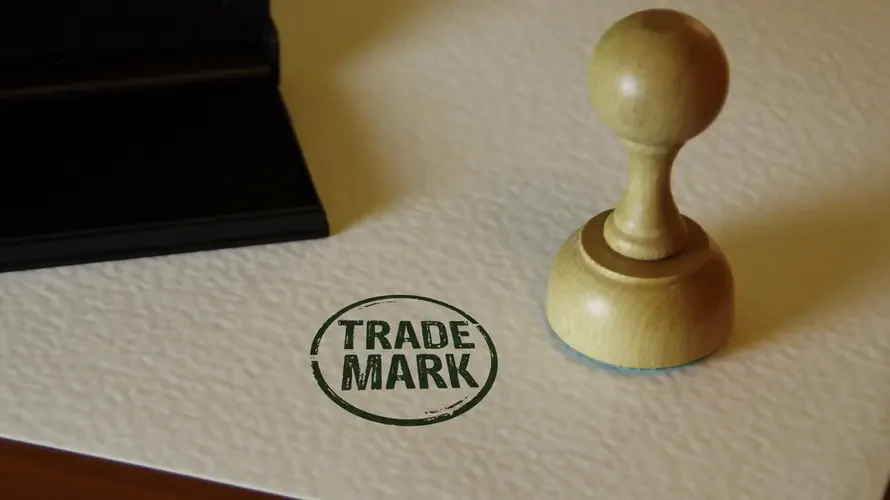
Trademark registration in some countries is often seen as a slow, complex, and paperwork-intensive process. However, in Malaysia, the landscape has significantly improved. Thanks to the Trademarks Act 2019 (the “Act”), the trademark application process has become more efficient, accessible, and applicant-friendly.
Below are key updates that make trademark filing in Malaysia more streamlined than ever:
a) No Statutory Declaration or Power of Attorney Required
In many jurisdictions, applicants must submit notarised or embassy-attested Power of Attorney documents, Statutory Declarations, Certificates of Incorporation, or authorisation letters. Malaysia, however, has removed these bureaucratic barriers.
A Power of Attorney and Statutory Declaration—whether attested or notarised—are no longer required. Previously, applicants had three months from the filing date to submit a Statutory Declaration affirming good faith in filing. Under the new Act, this declaration is embedded within the application form itself, and the appointed agent signs on behalf of the applicant.
This reduces administrative steps and cuts costs, particularly for overseas applicants who may find notarisation procedures burdensome and expensive.
b) Simplified Translation Requirements for Foreign Characters
Under the previous law, trademarks containing non-Roman characters (e.g., Chinese, Japanese, Korean) required a certified English transliteration and translation from an accredited translator, to be submitted within three months of filing.
Today, this requirement has been simplified. Applicants may now provide transliterations and translations directly within the application form.
That said, if a trademark includes numerous foreign characters, it is advisable to prepare a clear translation document before submission. Uploading this with the application helps avoid unnecessary formality refusals due to unclear or incomplete translations.
c) No Certified Copy of Priority Document Required
Previously, when claiming a priority date under the Paris Convention, applicants had to submit a certified copy of the home application and, if not in English, a certified English translation.
The Act now allows applicants to simply provide basic details of the home application. A certified copy of the priority document is no longer necessary, making the process faster and more efficient.
d) Bilingual Filing Flexibility
Although Malaysia’s official language is Bahasa Melayu, trademark applications are typically filed in English, the dominant language for business and legal matters.
No translation is required for applications or responses submitted in English. Specifications of goods and services can be filed directly in English, and evidence of use in English is accepted. This flexibility reduces both time and translation costs, especially in multi-class filings involving extensive specifications.
e) Single Official Fee at Filing Stage
Previously, applicants had to pay two separate official fees: one at filing and another upon acceptance for publication.
The updated system introduces a one-time official fee payable upon filing. If the application passes formality and substantive examination stages, a Notice of Acceptance is issued. The mark is then published for opposition and, if unopposed, proceeds to registration without any additional official fees.
f) No Use Requirement for Trademark Renewal
In certain countries, trademark renewals require evidence of use, supported by a Statutory Declaration or Affidavit and relevant documentation.
In Malaysia, there is no use requirement for trademark renewal. Once registered, a trademark can be renewed every 10 years by paying the prescribed renewal fees—without needing to submit proof of use or supporting documents.
This ensures a hassle-free, cost-efficient renewal process.
Conclusion
Malaysia’s trademark regime has evolved into one of the most applicant-friendly systems in Southeast Asia. The Trademarks Act 2019 has eliminated unnecessary red tape and introduced a simplified, cost-effective, and efficient process.
For local and international businesses seeking to register trademarks in Malaysia or expand their IP portfolio in the region, these updates offer a strategic advantage. The filing process is now faster, less burdensome, and more aligned with the needs of modern businesses.



